Morel mushrooms are a rare delicacy coveted by the culinary world, prized for their earthy, delicate flavor and tender texture. But, are morels dangerous also? Should we avoid foraging and eating them?
Morels only fruit 1-2 months out of the year, making their season very short and keeping wild mushroom foragers on their toes. But, every forager treks endless miles through the woods and landscape in search of these elusive gems. And, if you follow mushroom hunting social media, you’ll see there’s quite a bit of morel fever as soon as spring arrives.
However, the recent outbreak of illnesses linked to these sought-after fungi has shed light on the potential dangers lurking beneath their popularity. Here, we’ll explore the latest insights, uncover the risks, and discover ways to navigate the rewards of this incredible wild ingredient safely.
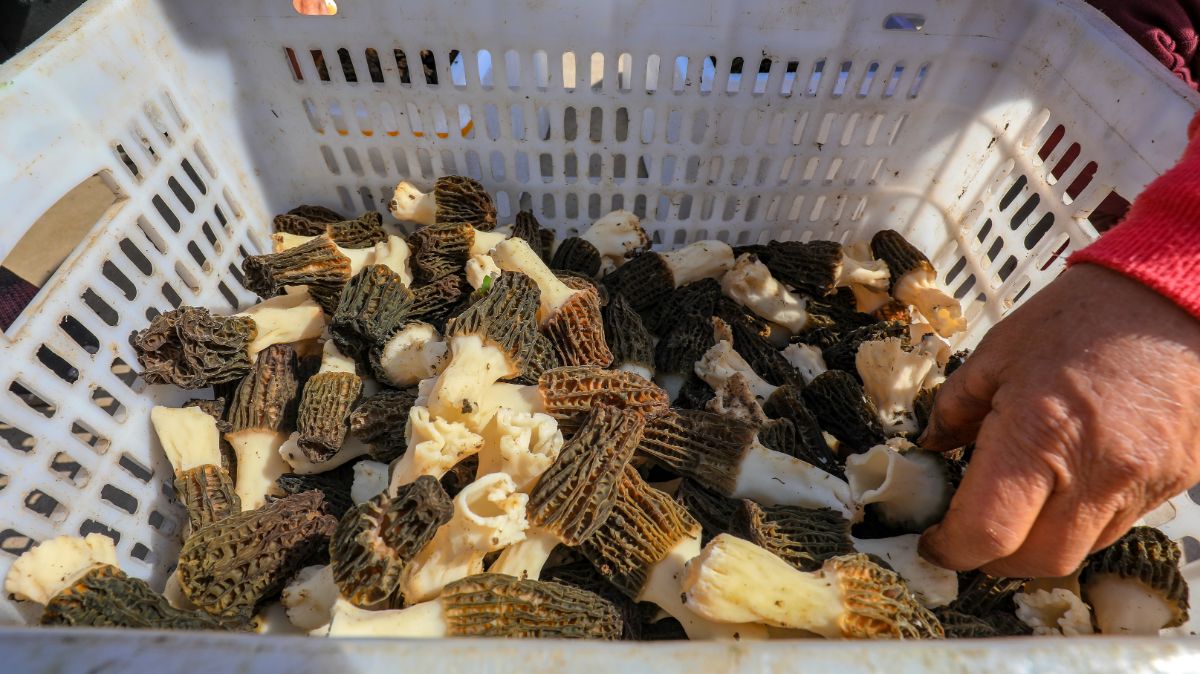
Jump to:
The Outbreak that Rocked the Morel World
In late March and April of 2023, a devastating food poisoning outbreak in Montana left two people dead and 51 others severely ill. The culprit? Morel mushrooms served at a local restaurant. This alarming incident sparked a nationwide investigation by the FDA, CDC, and state health officials, shedding light on the little-known risks associated with these seemingly innocuous fungi.
The investigation revealed that the toxins in morel mushrooms are not fully understood but that proper preparation methods, such as thorough cooking, can help reduce the risk of illness. The outbreak also highlighted a surprising knowledge gap, not only among the general public but also within the culinary community. Many chefs were unaware of the inherent risks associated with morels, leading to a false sense of security when it came to their preparation and consumption.

What Are Morels?
Morel mushrooms are a type of edible fungus that grows wild in many parts of the world. They have a distinctive spongy, honeycomb-like appearance and are highly sought after for their distinctive flavor. Their rarity and seasonal availability contribute to their allure and high price tag.
While morels are generally considered safe to consume, they can contain toxins that can cause a range of health issues, from gastrointestinal distress to neurological symptoms. The specific nature and concentration of these toxins can vary depending on factors such as the growing conditions, preparation methods, and individual susceptibility.
Compounding the risks, morels can be easily confused with their toxic “false morel” counterparts, which can have similar appearances but vastly different and potentially deadly consequences. Accurate identification is crucial when foraging morels and should not be approached lightly.
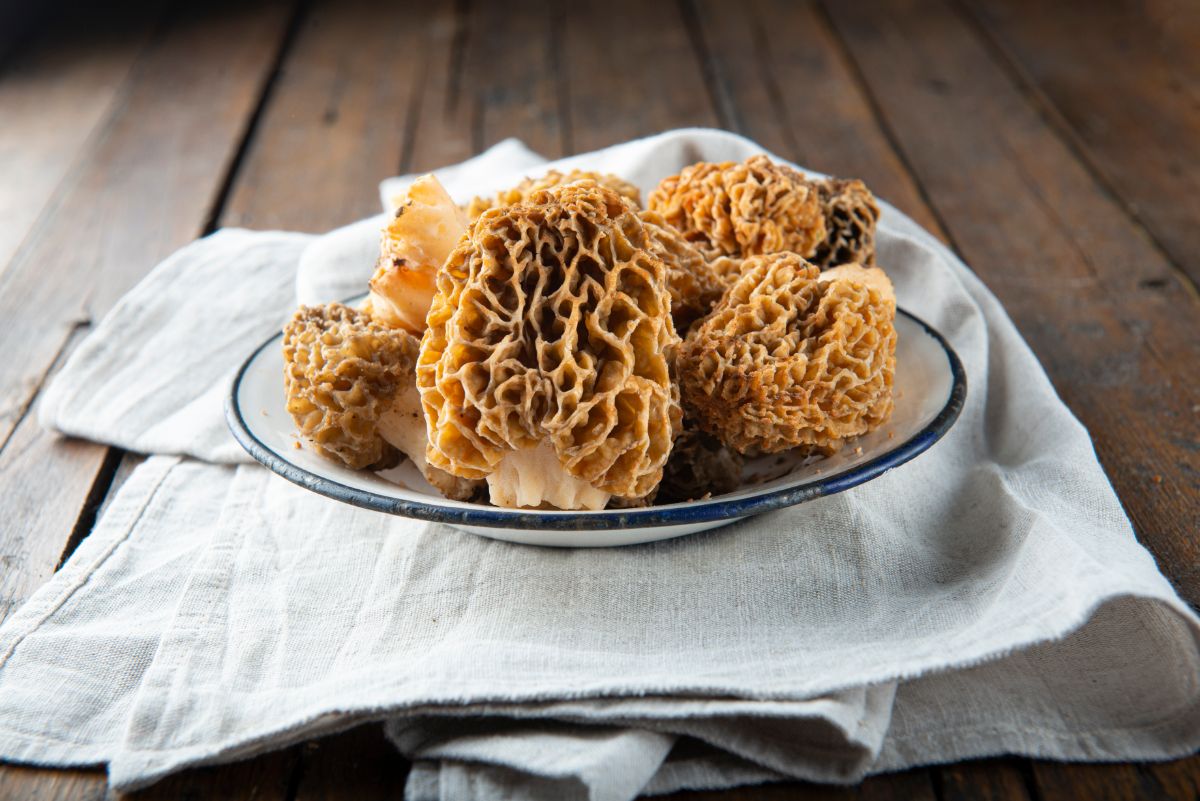
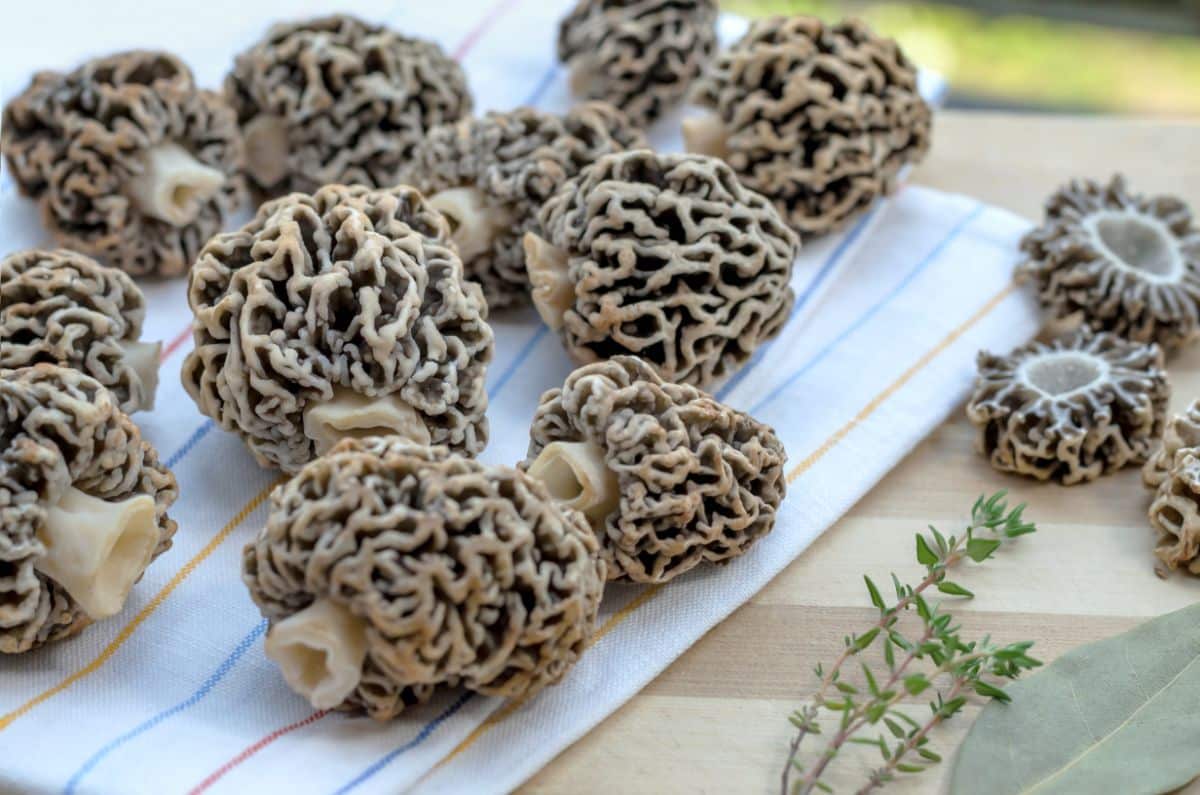
Navigating the Morel Minefield: Are Morels Dangerous
If you look at any research, foraging books, or online resources, most say that morels contain hydrazine, a toxin. These researchers and writers also caution that morels must be cooked before eating to neutralize the toxins. The information about the potentially problematic nature of these fungi is well-known in the foraging world!
However, the resources are almost all aimed at foragers and wild mushroom enthusiasts. While it should be imperative that any chef research an ingredient before preparation, it seems that the necessary information is not as widespread in culinary forums. As wild mushrooms become more popular in restaurants, it is essential that every chef, cook, and sous chef be very certain of their preparation and understand that not all mushrooms require the same prep.

For morels, it’s pretty simple. Thorough cooking, such as boiling or sautéing, is a MUST to help reduce the levels of toxins in morels. Never, ever eat them raw. Eating raw morels won’t necessarily kill you, but as we can see in the poisoning outbreak that killed two people, it’s not out of the realm of possibility.
It is important to note that, even with proper preparation, there is no guarantee of complete safety, as some individuals may still experience adverse reactions. However, these types of reactions occurring when the morels are prepared properly are usually due to sensitivities or allergies and are gastrointestinal. Anyone can be allergic to any wild mushrooms, even prime edibles like chicken of the woods or shiitake.
Allergic reactions, though, are different from what the consumers of these undercooked morels experienced. An allergic reaction is usually hives, stomach upset, or itching. I know someone who breaks out in full-body hives after eating the much-beloved lion’s mane mushroom. Everyone else who eats it is fine. This is an individual reaction based on personal biology and is not deadly.

Anytime you eat a new mushroom species, only eat a small amount. This is to check if you are allergic to it. It would be awful to gorge yourself and then find out you can’t tolerate them! We also recommend keeping a small portion of the wild mushroom uncooked in the fridge in case there are any issues – this makes it easier for the experts to identify. Do this anytime you’re trying a new wild mushroom, and you should avoid making yourself unintentionally ill.
For those who choose to forage for or consume wild morels, seeking the advice of knowledgeable experts, such as mycologists or experienced mushroom enthusiasts, is crucial. They can provide guidance on accurate identification, safe harvesting techniques, and appropriate preparation methods.

Should I Eat Morels?
This terrible situation where people died eating undercooked morels has served as a wake-up call to the culinary and foraging world. It’s shocking. It was entirely preventable. And it is easily avoided.
There is no harm in eating morels as long as they are cooked. All wild mushrooms should be cooked before eating – that’s a basic tenement of most wild mushroom foragers. Very few people dare to or want to eat wild fungi raw. The breakdown in this whole situation is that the chefs didn’t know this. Maybe they don’t cook with wild mushrooms often and made an assumption. Or they were being lazy or uncaring. Either way, don’t be lackadaisical when it comes to preparing wild mushrooms.
- Cook ALL your wild mushrooms.
- Use this guide for cooking morel mushrooms.
- Only eat a small amount of any new mushroom species the first time. This is to check if you’re allergic, which is entirely possible.

Cultivated Morels: Are They A Safer Alternative
Some people have suggested that cultivated morels might be a safer alternative to wild foraged ones. They think the controlled growing conditions and oversight of commercial production can help mitigate some of the uncertainties associated with their wild counterparts. However, this is unfounded. In fact, the morels that the restaurant in Montana served were from China and most likely cultivated.
And cultivated ones are no more or less dangerous than the wild ones, either. The way they grow is not the issue here. These people were ill because the morels were not cooked properly, which is essential to remove toxins.
Advanced Research and Regulation
More investment in research to better understand the specific toxins present in morels and their mechanisms of action could pave the way for more effective safety protocols and regulations.
Also, by fostering stronger partnerships between mycological associations, academia, and the food service industry, we can empower the mushroom-eating community with the knowledge and resources needed to identify, harvest, and prepare morels safely. This seems especially important for chefs working with wild mushrooms for the first time. This collaborative approach can help bridge the gap between the experts and those who seek to enjoy these special mushrooms.

Common Questions About Morel Mushroom Safety
Will I die if I eat morel mushrooms?
If you cook them properly, you will be fine. If you eat them raw, be prepared for some serious trouble. Morels have a toxin in them that is dangerous raw, but which cooking neutralizes.
How can I safely eat morel mushrooms?
Do not eat them raw or undercooked. Always cook them well and properly. Also, don’t eat morels when drinking alcohol, since morels contain small amounts of hydrazine toxins which may interfere with alcohol.
Can morels make me sick?
Yes, if they are undercooked or raw, you can get very ill. They contain a toxin, hydrazine, which is poisonous and may kill you. Cooking the mushrooms neutralizes the toxin.
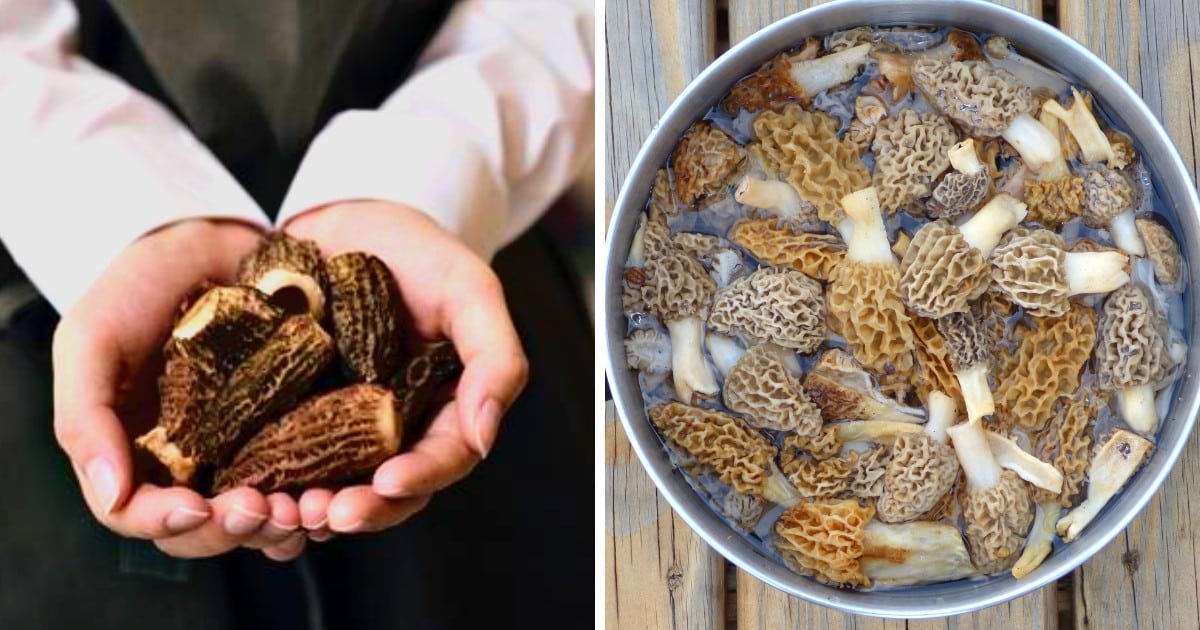

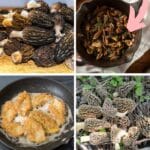

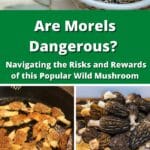

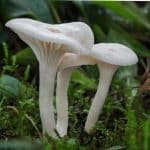
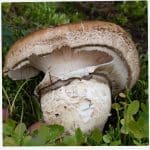
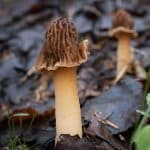
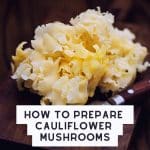
Leave a Reply